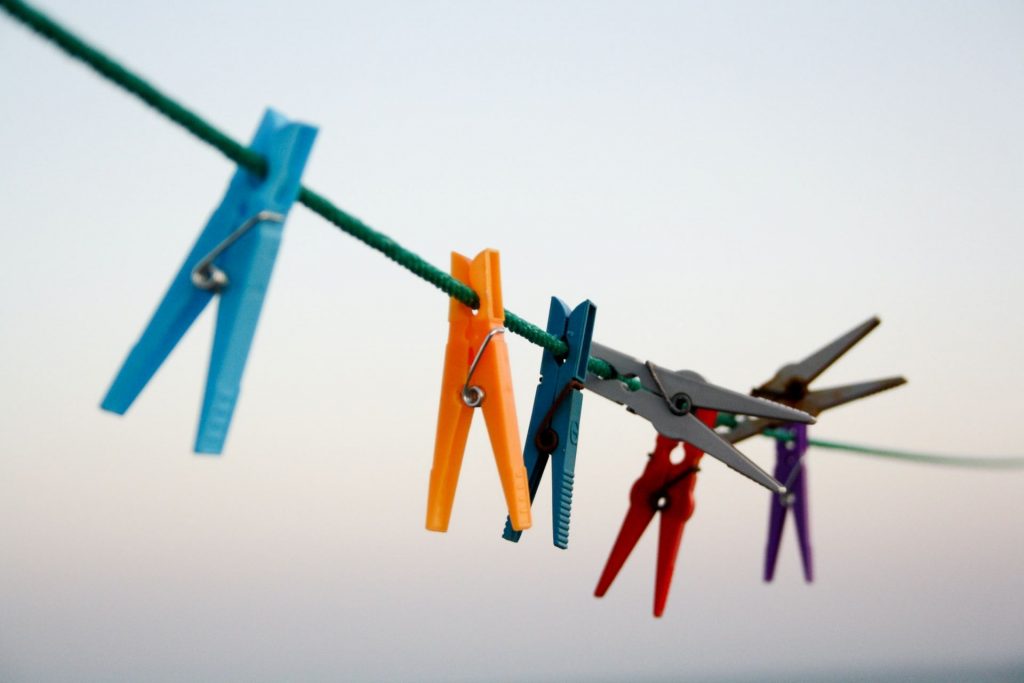New writing on migration and mobilities – an MMB special series
By Maud Perrier
Migrant nannies and domestic workers were largely absent from mainstream feminist commentary during the COVID-19 pandemic as well as from public discussion of childcare. In the UK broadsheets, most of the media coverage of the childcare crisis during this time was dominated by stories of working mothers’ struggles to manage caring for children and working from home. The unequal division of labour between men and women, and fears about women’s stalled careers and promotion gaps in the near future, were the main sources of middle-class feminist anxiety. As Veronica Deutsch argues the middle-classes expertise as orators of their own suffering along with pandemic-induced nationalism combined to position migrant nannies as out of reach from public sympathy.

The depiction of the pandemic as representing the ‘death of the working mother’ reproduced a white liberal feminist analysis that simultaneously privileged individual professional success and invisibilised these women’s reliance on paid childcare. At the same time the demand for live-in nannies as a safe option increased substantially and there was mounting evidence globally that domestic workers faced heightened restrictions on their movements and ability to see their families, and that many faced unemployment, homelessness and death after catching the virus at work. Two years on from the start of COVID, how can we centre the experiences of migrant and racialised minority nannies’ who organised during the pandemic to shift how we think about solidarity and care between women across ‘race’ and migration status?
Between October 2020 and February 2021, I carried out interviews with nanny organisers through two worker-led grass-roots organisations – one with migrant nannies in the UK and the other with nannies and domestic workers in the US – to learn how their organising changed during the pandemic. The Boston-based organisers belong to the Matahari Women Workers’ Centre, a medium-sized long-established organisation, but the London Nanny Solidarity Network was only established during COVID. The Nanny Solidarity Network was set up to respond to the destitution that migrant nannies in West London faced during the pandemic and within a few weeks was delivering English-language training, mutual aid, welfare support and immigration/employment legal advice to more than 100 members.
Across both sites, my interviewees reported that for many nannies in their organisations their relationships with parent-employers significantly worsened during the pandemic and were characterised by increased fear and vulnerability. Nannies recounted stories of employers breaking lockdown rules and not following social-distancing regulations. One interviewee was asked to come into work after her employer’s family returned from a trip abroad without following quarantine rules. Another was asked to look after a friend’s child without considering the heightened risk of transmission for the nanny. Anastancia Cuna, a well-known domestic worker organiser, aptly describes these situations as employers capitalising on the economic conditions of the pandemic.
To fight this climate of fear, the Domestic Employers Network successfully developed resources to empower workers to navigate this increased vulnerability – for example, COVID contracts and guidance about safe working, which workers could use to hold their employers to account. The conversation guide includes the discussion of procedures adopted to reduce exposure when someone tests positive, as well as transport and entering work routines. It also includes a section recommending that employers commit to higher rates of pay during the pandemic and agree to give nannies paid time off for sickness or for relatives’ sickness. These documents form an important part of the organisation’s praxis empowering workers to refuse to give in to fear. The resources suggest quite a different story about how to negotiate deepening divisions during the pandemic, which highlights the importance of formal legal frameworks in building solidarity. At a time when few governments offered any formal protection for these workers, a last resort was to appeal to employers’ consciences about their legal responsibilities.
The pandemic put on hold the well-documented organising that is historically carried out by nannies in public parks across the globe, as well as their shame demonstrations outside employers’ homes. But organisations like the Nanny Solidarity Network and Matahari Women Workers’ Center developed methods to continue building worker power virtually through online assemblies. They also managed the distribution of state aid in the US via the National Domestic Workers Alliance and in the UK through mutual aid. But interviewees emphasised that temporarily becoming a cash assistance organisation proved challenging at times as it contradicted their aim of building worker power. Online spaces of sociality were also vital sources of community survival for unemployed workers throughout and beyond the pandemic in both countries.
Pre pandemic, discussions of teachers’ and childcare workers’ strikes assumed that solidarity between parents and teachers and between lecturers and students would act as a strategic wedge in labour relations, which neoliberal senior managers underestimated at their peril. Jane McAveley describes these ties as the ‘ace up the sleeve’ of care workers who can mobilise their ties to the community to their advantage in such disputes. My research showed that while nannies in the UK and the US may not be able to count on such direct community solidarity, they have developed alternative techniques of building allyship and community within a hostile environment.
Scholars and activists have long been calling for more intimate organising in feminised sectors whereby the relational ties between caregivers and care-receivers are leveraged to secure gains from employers and governments. What these nannies’ voices suggest is that the question of intimacy with whom needs to be much more at the centre of this discussion post pandemic. This requires careful consideration if more worker-led migrant organisations are to join coalitions with low-income parents and low-paid childcare workers – such as the Care that Works coalition – which are powerful enough to hold states to account for their disappearing act.

